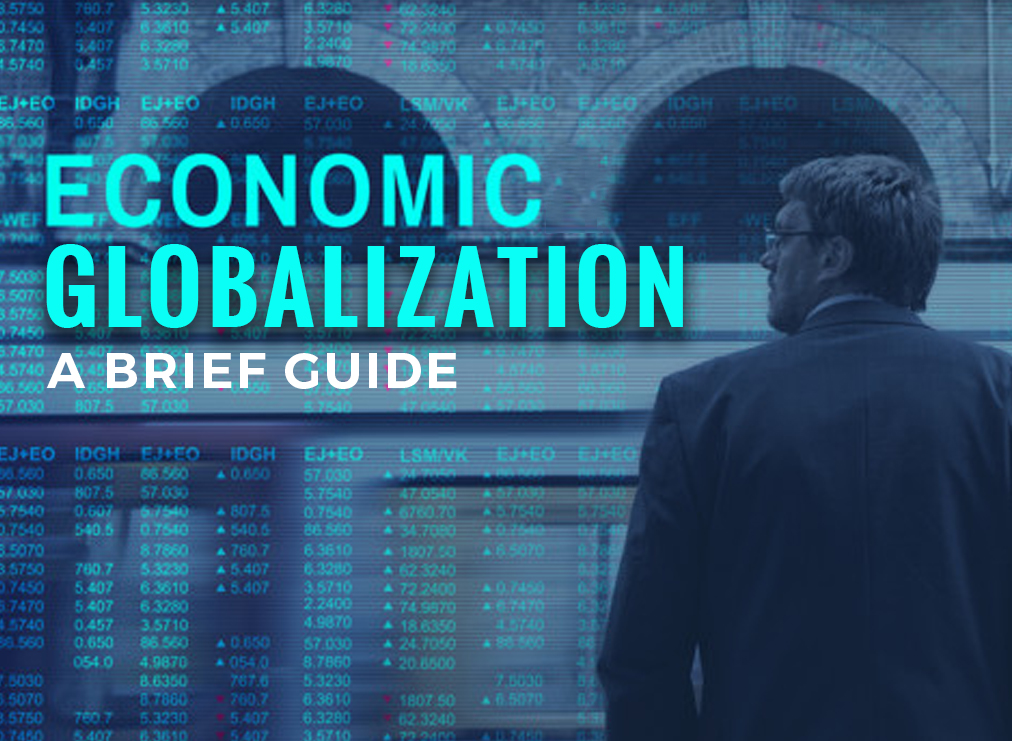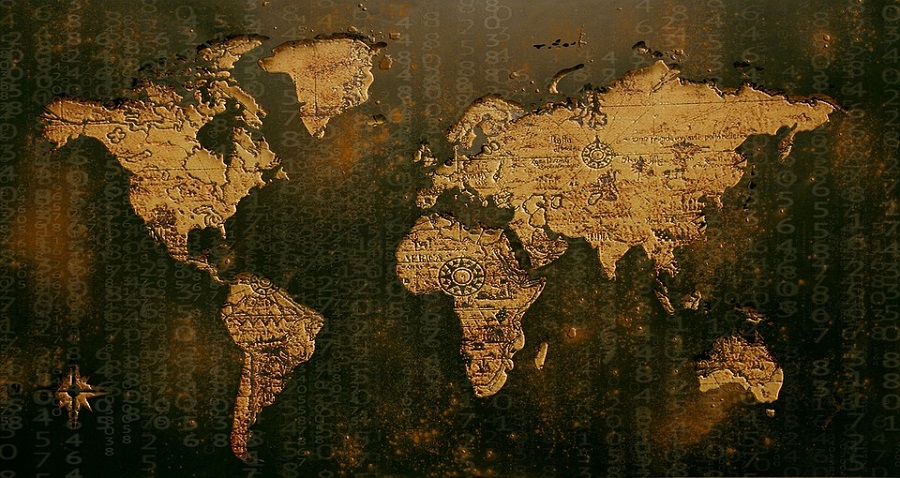Wondering what “economic globalization” means? As societies progress and technology advances, nations are starting to see more of themselves as interconnected rather than fragmented.
For most, the term “globalization” isn’t something new. In fact, with the advancement of the social media era, the concept has become even more familiar to many. If you’re acquainted with it too, there’s a big chance you’ve already encountered the term “economic globalization” as well.
Here, we have created a brief guide that will let you understand what economic globalization is. Is the phenomenon something to be commended or to be combatted? How will it affect man and society? Read on to know more.

Economic Globalization: An Introduction
To understand what economic globalization is, it’s important to dissect first what we mean by “globalization”.
As you might have already learned in school, globalization refers to the cultural, political, and economic integration of people and nations, brought about by cross-border trade in products, populations, and information.
From the given definition, we can extract that globalization has three dimensions: political, cultural, and economic.
Essentially, economic globalization is the growing interdependence of world economies, brought about by cross-border trade of services, capital, commodities, and technology.
What’s Driving Economic Globalization?
Generally, different factors contribute to the rapid spread of economic activities among countries around the world. However, advancements in science and technologies are considered the main driving forces for economic globalization.
Specifically, as science and technology progress, companies are provided new ways to expand their reach and introduce their brand in different markets, without a surge in costs of transportation and communication.
Impacts of Economic Globalization
In terms of the effects on people and society, economic globalization has its own share of pros and cons. In fact, the discussion about whether it’s good or bad is still debated among economic scholars and analysts.
Benefits of Economic Globalization
Generally, if we were to view economic globalization using the capitalistic lens, the phenomenon is mainly beneficial. Specifically, economic globalization enables free trade or policy by which all imports and export policies are crushed to enable free-market competition.
Under such an arrangement, businesses from different nations can enjoy buying and selling across international borders with little or no prohibitions. As a result, companies can get raw, inexpensive materials from developing countries.
Minimizing production costs without compromising product quality. Moreover, the phenomenon also allows them to source cheap labor from developing countries, all while taking advantage of the expertise of workers from developed states.
All these results to a booming economy, as more multi companies are given the chance to prosper, giving way to more jobs becoming available and more products being manufactured, which in turn created a broader choice of goods to consumers.
Disadvantages of Economic Globalization

Of course, while economic globalization is considered beneficial under the global capitalist perspective, the phenomenon is considered the opposite of the communities of the vulnerable, specifically to the underdeveloped countries and the working class.
Specifically, economic globalization makes the rich richer while the poor get poorer. Since free trade removes all barriers, including government tariffs, quotas, and more, it allows developed nations to conquer underdeveloped states.
Small local businesses unable to compete with big bourgeois companies that have the relative advance in terms of resources and capital.
Moreover, since the phenomenon allows companies to source cheap labor, workers from poor countries are subjected to lower-paying jobs and inhumane working conditions.
The Bottom Line
Satisfied with what you’ve learned about economic globalization? On which side of the poll do you stand on? Do you think economic globalization is a good thing that must be upheld or a phenomenon that furthers the wealth gap and needs to be abolished?




















